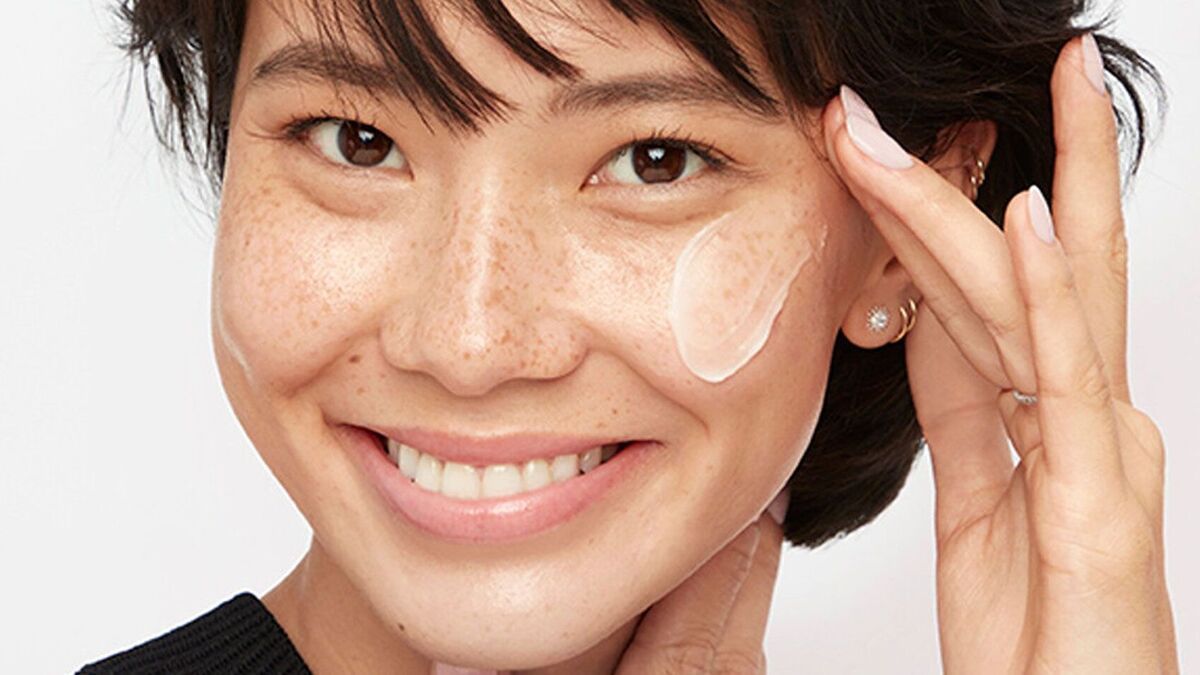
Healthy skin isn't just about looking good; it's about feeling good too. Ever wondered what makes skin truly healthy? Hydration tops the list. Drinking enough water keeps skin plump and glowing. Sun protection is another must. Using sunscreen daily shields skin from harmful UV rays. Diet plays a big role as well. Eating fruits and veggies rich in vitamins can boost skin health. Sleep is crucial too. Getting enough rest allows skin to repair itself. Stress management also matters. High stress can lead to breakouts and dullness. Want to know more? Here are 18 facts that will help you achieve and maintain healthy skin.
The Importance of Healthy Skin
Healthy skin isn't just about looking good. It plays a crucial role in overall health. Here are some fascinating facts about maintaining and understanding healthy skin.
-
Largest Organ: Skin is the body's largest organ, covering about 22 square feet on average. It acts as a barrier protecting internal organs from external threats.
-
Three Layers: Skin consists of three layers: the epidermis, dermis, and hypodermis. Each layer has unique functions, from protection to temperature regulation.
-
Regeneration: Skin regenerates approximately every 28 days. This constant renewal helps heal wounds and maintain a youthful appearance.
-
Microbiome: Skin hosts millions of bacteria, fungi, and viruses. This microbiome helps protect against harmful pathogens and supports immune function.
Factors Affecting Skin Health
Various factors influence skin health, from diet to environmental exposure. Understanding these can help maintain a healthy complexion.
-
Hydration: Drinking enough water is essential for skin hydration. Dehydrated skin can appear dull and more prone to wrinkles.
-
Sun Exposure: UV rays can damage skin cells, leading to premature aging and increased cancer risk. Sunscreen is vital for protection.
-
Diet: Nutrient-rich foods like fruits, vegetables, and omega-3 fatty acids support skin health. Vitamins A, C, and E are particularly beneficial.
-
Sleep: Quality sleep allows the body to repair and regenerate skin cells. Lack of sleep can result in dark circles and a tired appearance.
Common Skin Conditions
Many people experience skin conditions at some point. Knowing about these can help in managing and treating them effectively.
-
Acne: Acne affects millions worldwide, often due to hormonal changes, stress, or poor skincare habits. Proper cleansing and treatment can help manage it.
-
Eczema: Eczema causes itchy, inflamed skin. It can be triggered by allergens, stress, or irritants. Moisturizers and topical treatments can provide relief.
-
Psoriasis: Psoriasis is an autoimmune condition leading to red, scaly patches. Treatments include topical creams, light therapy, and medications.
-
Rosacea: Rosacea results in redness and visible blood vessels, often triggered by spicy foods, alcohol, or temperature changes. Avoiding triggers and using gentle skincare products can help.
Skincare Tips for Healthy Skin
Adopting good skincare habits can make a significant difference in skin health. Here are some tips to keep skin glowing and healthy.
-
Cleansing: Regular cleansing removes dirt, oil, and makeup. Use a gentle cleanser suited to your skin type to avoid irritation.
-
Moisturizing: Moisturizers help maintain skin hydration and barrier function. Choose one that matches your skin type, whether oily, dry, or combination.
-
Exfoliating: Exfoliation removes dead skin cells, promoting cell turnover. However, over-exfoliating can damage skin, so limit it to 1-2 times a week.
-
Sun Protection: Daily sunscreen use protects against harmful UV rays. Look for broad-spectrum SPF 30 or higher for effective protection.
Myths About Skin Health
There are many myths surrounding skin health. Debunking these can help you make informed decisions about your skincare routine.
-
Oily Skin Doesn't Need Moisturizer: Even oily skin needs hydration. Skipping moisturizer can lead to increased oil production and breakouts.
-
Tanning Beds Are Safe: Tanning beds emit UV radiation, increasing the risk of skin cancer. Opt for self-tanning products if you want a bronzed look.
Your Skin Deserves the Best
Healthy skin isn't just about looking good; it's about feeling good too. By understanding the basics, like staying hydrated, eating a balanced diet, and protecting yourself from the sun, you can make a big difference. Don't forget to moisturize daily and avoid harsh chemicals. Simple habits like these can keep your skin glowing and healthy.
Remember, everyone's skin is different. What works for one person might not work for another. Listen to your skin and adjust your routine as needed. If you have persistent issues, consult a dermatologist. They can provide personalized advice and treatments.
Healthy skin is a reflection of your overall well-being. Treat it with care, and it will thank you in return. So, start today with these easy tips and enjoy the benefits of radiant, healthy skin.
Was this page helpful?
Our commitment to delivering trustworthy and engaging content is at the heart of what we do. Each fact on our site is contributed by real users like you, bringing a wealth of diverse insights and information. To ensure the highest standards of accuracy and reliability, our dedicated editors meticulously review each submission. This process guarantees that the facts we share are not only fascinating but also credible. Trust in our commitment to quality and authenticity as you explore and learn with us.


